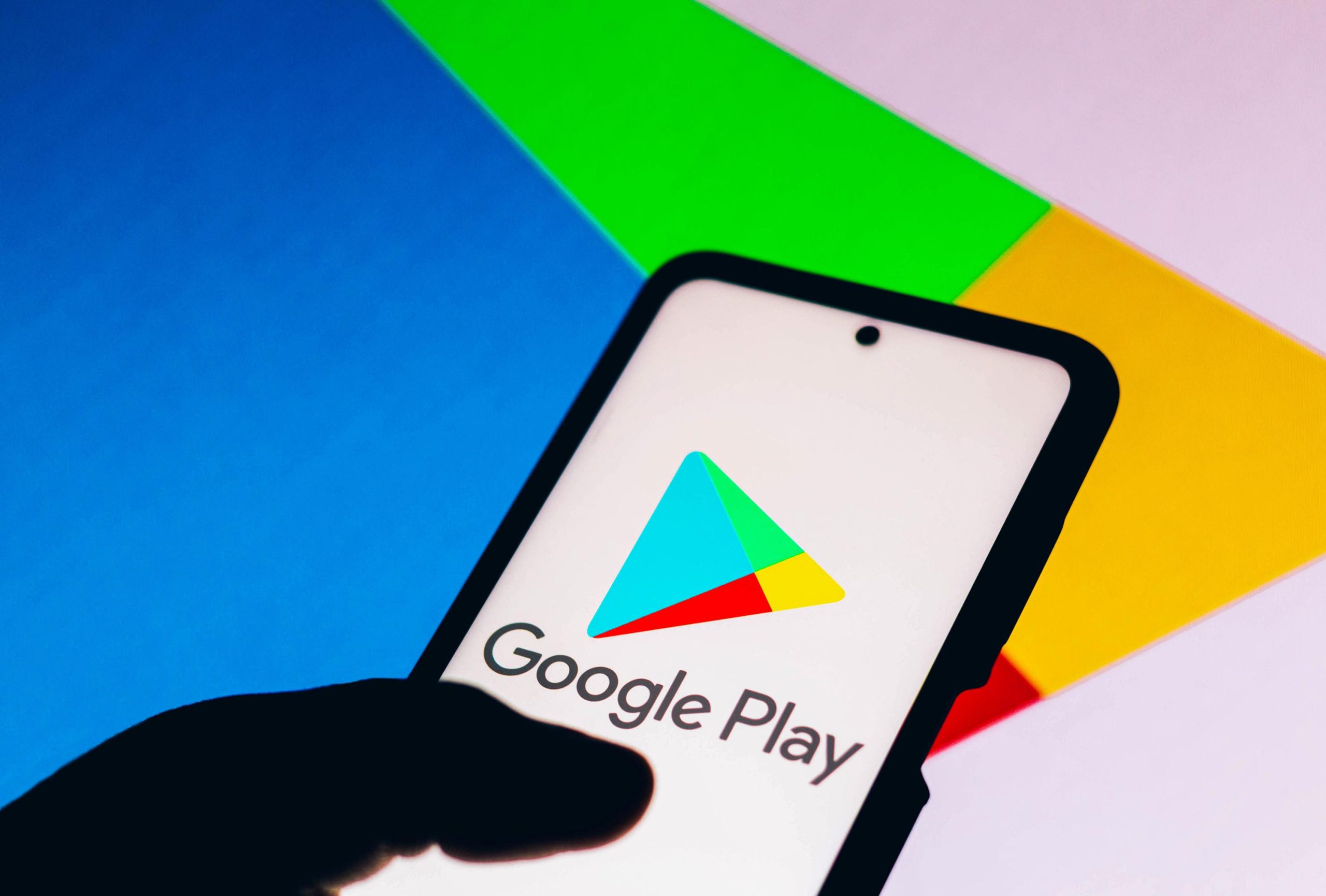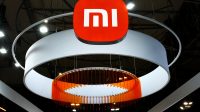Google has agreed to a $700 million settlement with the U.S. attorney general, resolving a lawsuit centered around the Google Play Store
In a significant development, This settlement comes with several noteworthy changes, particularly in the realms of third-party app stores, sideloading practices, and alternative billing mechanisms. Let’s delve into the specifics of these changes that will come into effect once the settlement is finalized.
1. Third-Party App Stores and Sideloading:
– Google commits to supporting app installations on Android devices outside of Google Play for the next seven years, facilitating diverse methods, including third-party app stores.
– Developers are no longer compelled to release their apps simultaneously or earlier on Google Play for at least four years, preventing exclusivity agreements favoring the platform.
– Over the next four years, third-party companies can use APIs for automated app updates, employ “split features” for on-demand app downloads, and implement a consent mechanism to halt updates while an app is in use.
– Preinstalled apps or third-party app stores retain the “exclusive” rights to update an app unless users opt for an alternative source, with developers having the option to opt out.
2. Sideloading Warning Screens:
– Google is mandated to consolidate the current two-step warning process for installing apps from alternative sources into a single screen for five years. The unified screen will convey: “Your phone currently isn’t configured to install apps from this source. Granting this source permission to install apps could place your phone and data at risk.”
3. Alternative Billing:
– Over the next five years, developers gain the flexibility to offer alternative billing mechanisms for in-app purchases, free from Google’s pricing constraints.
– Google can only collect essential data when users opt for a different billing option, and this data cannot be used competitively against the apps.
– Developers can contact users outside of the app for billing-related promotions for a duration of six years, leveraging data collected within or outside the app with user consent.
– Discounts to promote alternative billing systems are permitted, and developers can display them within the app without interference from Google regarding fees associated with Google Play’s billing system.
4. OEM Clauses:
– For a period of five years, Google is prohibited from entering agreements with phone manufacturers that mandate Google Play as the exclusive app store on devices or demand its placement on the home screen.
– Device makers are exempted from seeking “consent” from Google to preload a third-party app store during the same five-year timeframe.
– Over the next four years, Google is obligated to grant preloaded apps installer rights by OEM.
While these changes may appear substantial, their impact on Google could be relatively minimal. Insights from the Epic v Google trial revealed that the 4% discount offered by Google on user choice billing might not be incentive enough for developers to switch payment processors if costs outweigh the savings. Additionally, the success of other app stores depends on providing sufficient incentives and a broad audience for developers to maximize their earnings through these platforms.








